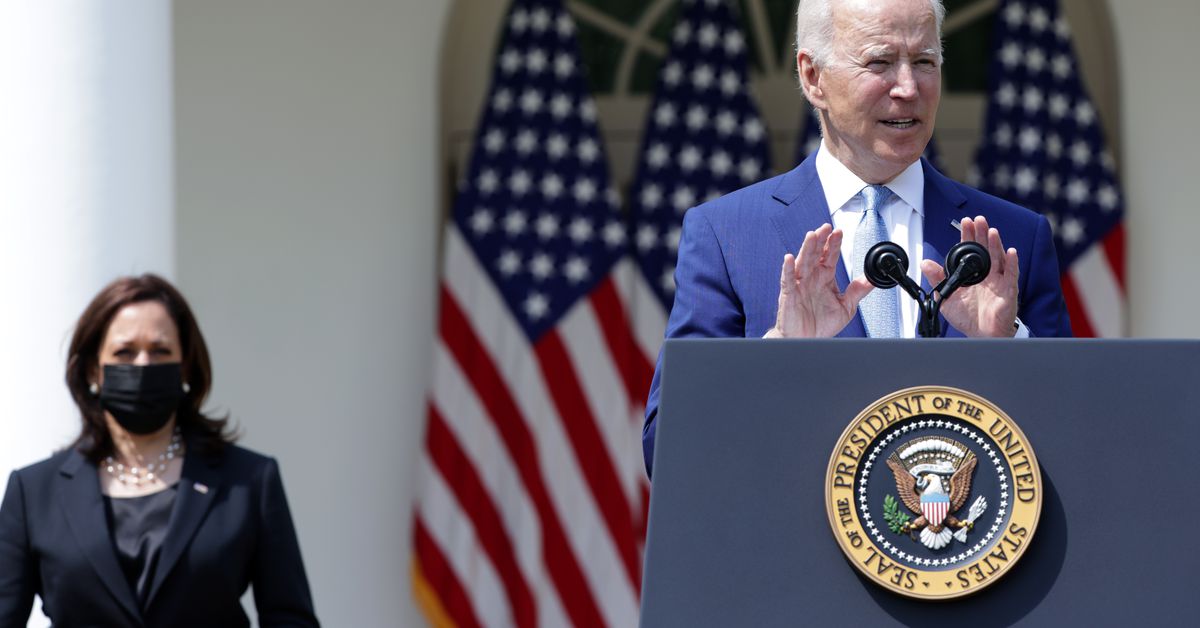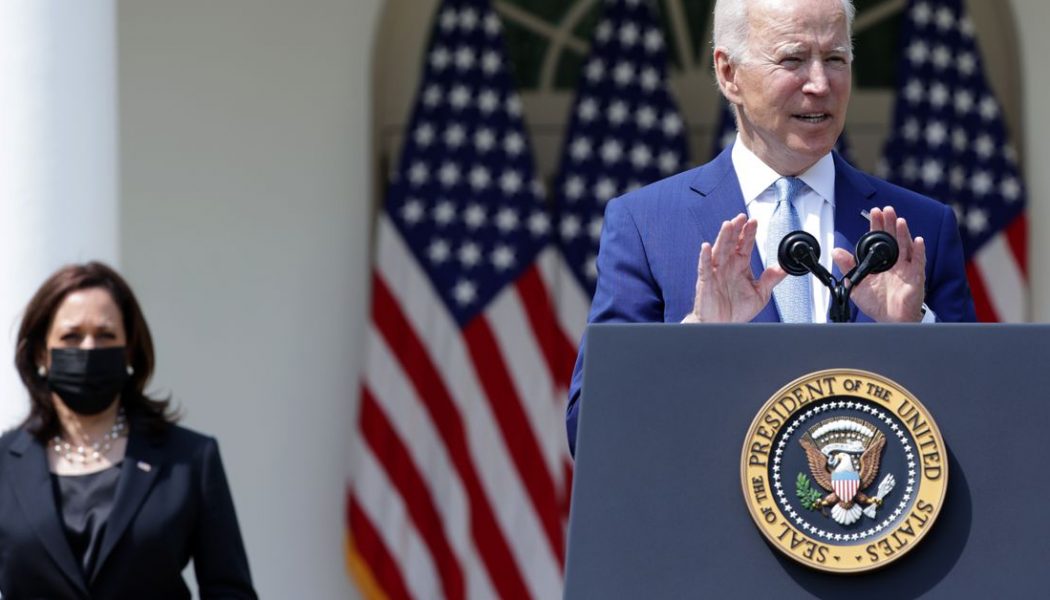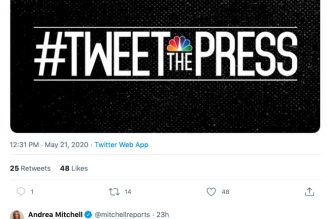
President Biden issued an executive order today to create a new labor task force in support of worker organizing in the United States. The effort will be led by Vice President Kamala Harris.
“Despite the importance of unions to our economy and democracy, and nearly 60 million workers today saying they would join a union if given the chance, American workers have faced increasing barriers to organizing and bargaining collectively with their employers,” the order reads.
The task force, which includes a long list of cabinet members and policy advisers, will make recommendations on how the federal government can help workers organize and join unions. This could include helping contractors in industries that have been difficult to organize, such as the so-called gig economy, according to a White House fact sheet.
The move comes after decades of declining union membership. In 2020, just 10.8 percent of the US workforce was unionized, down from more than 30 percent in the 1950s, according to the White House.
In the executive order, Biden wrote that this decline has led to a “host of negative consequences for American workers and the economy, including weakening and shrinking America’s middle class.”
The task force can’t create new policies or pass laws, so the immediate effect of the executive order will be minimal. But the new group could help to spur President Biden to take stronger action in support of collective bargaining. Already, the White House has voiced its support for the Protecting the Rights to Organize Act, which would strengthen organizing protections. The bill is currently awaiting a vote in the Senate.
The task force now has 180 days to come up with policy recommendations to increase union membership in the public and private sectors.
President Biden has been a vocal supporter of the labor movement, a break from previous Democratic presidents who were more measured in their support. In February, the President publicly voiced support for Amazon warehouse workers in Bessemer, Alabama, who were in the middle of a closely watched union drive. Workers eventually voted against unionizing, though the Retail, Wholesale and Department Store Union is contesting the result.









